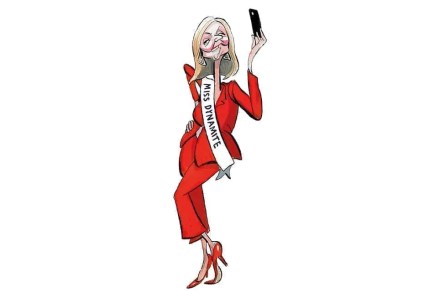2562: 3 X 2 – solution
The unclued lights are words (or one phrase) which contain three pairs (3 x 2, in the title) of double letters: 13 Tennessee, 15/14 Sweet tooth, 17/37 Successfully, 21/24/39 Whippoorwill, 31/2 Bookkeeper, 41 Committee, 42/6 Barrenness. First prize Chris Edwards, Leeds Runners-up Graeme Palmer, Switzerland; Emma Corke, Abinger Hammer, Surrey





















